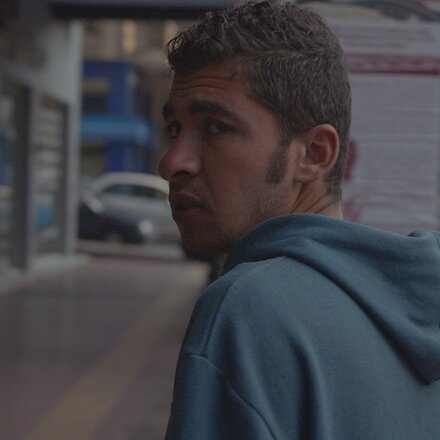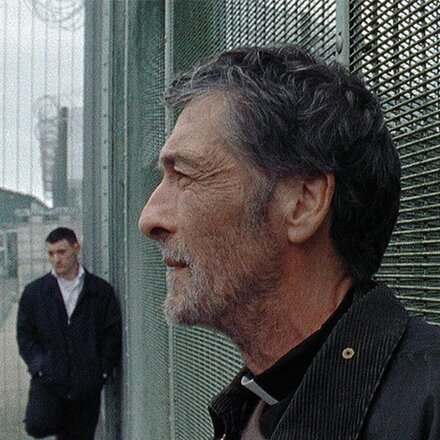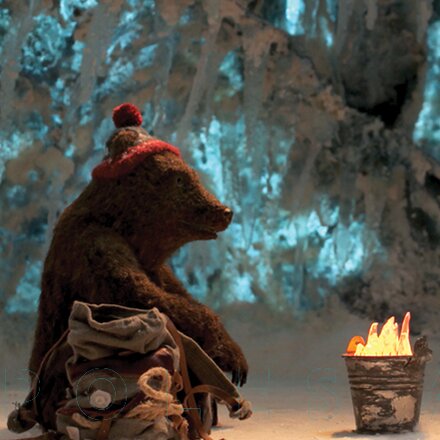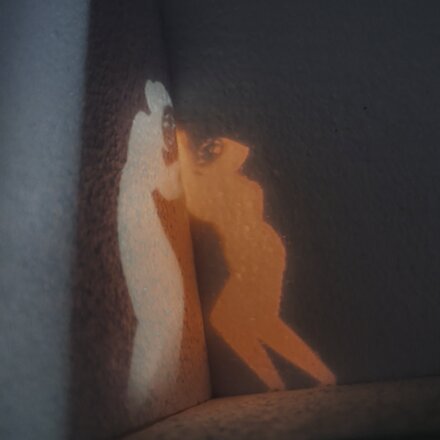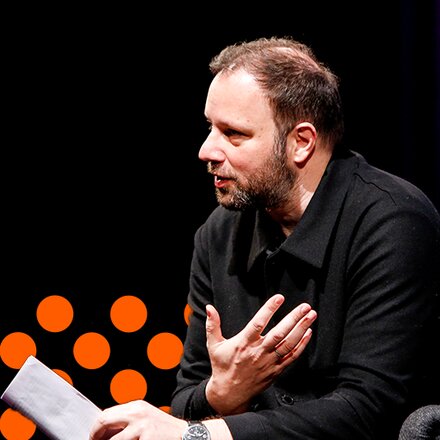Words by Rich Matthews, published 15 May 2014
1. Make sure you've got 'the right stuff'
Zam Salim: “Take time to find out if filmmaking is genuinely something for you. Go out and have fun in the first instance. Don't lumber yourself with a budget and other responsibilities. Most of it is a pain and lacks the joy of just placing some people in front of the camera, filming it and trying to put the damn thing together. We started off just throwing a digital camera around and seeing how things cut together, failing as quietly as we could until we had something worth showing.”
Rowan Athale: “Grow a thick skin. No matter where you are in your career, you have to take rejection. From a financier, studio, actor, producer – it will happen. Getting your first film made is about pitching your heart out to 50 different entities, being rejected by 46, but hopefully finding four that will take a chance on you. If rejection is something that you aren’t comfortable with, take note: do something else.
"Step out in to the world and have a look around - it's more interesting than anything you can make up."
“There’s a flipside, though. Should the industry/audiences like your first film, you will be offered scripts to direct, and you will then be the one doing the rejecting. You will then realise that being rejected yourself in the past wasn’t a comment on the strength or quality of your work, but on whether the project was appropriate for the individual considering it.”
2. Get a great producer
Rowan Athale: “And realise that their job is harder than yours! Understand that the producer’s job isn’t just to put the film together – they are a creative entity in the making of the film and a very important one. As a writer or director you will lose your objectivity. Your producer(s) are the people that remain a couple of steps from the creative centre of it, allowing an amount of objectivity when you lose yours. Speak to them, seek counsel, listen and, above all, allow them to challenge your creative decisions. Maintain your vision, but always allow discussion.”
3. Make the most of what's around you
Zam Salim: “Use what you have to hand rather than pine for a perfect set of circumstances. If you have a great location nearby, think of something that might be set there. If you know someone who makes you laugh, write a film around them. If you don't have decent sound recording, cut the dialogue. That ‘amazing' project might have to be put to one side unless you want to wait forever.
"Patience is a virtue. Films are not put together overnight."
“Step out in to the world and have a look around – it’s more interesting than anything you can make up. Reality is great as a jumping off point. I made a couple of documentaries a few years ago and they really energized me. It fed into my work - especially my fantastical films about the afterlife, Laid Off and Up There. Bertolucci said his films were documentaries about the actors and there's something to that. Films are mostly about faces and personalities. Always feature people who have something about them that draws you in. I remember having great folk when I started out who really breathed life into everything.”
4. Hold your nerve
Rowan Athale: “Patience is a virtue. Films are not put together overnight. Getting a film made is a tougher process than the actual making of the film, by a long shot. Making the film is incredibly fun and invigorating - financing it, if it’s your first film, is a seemingly impossible journey with no end. But if you believe in it, stay with it. Staying with it until you make it happen is a testament to your quality as a filmmaker.”
5. Have a vision
Zam Salim: “Just a sense of something simple to help guide you when you're swayed by (often positive, helpful) suggestions, like a beautiful shot that doesn't fit the bigger plan. I've been seduced into going with something that I knew wasn't right but I couldn't articulate why it wasn't right. I like to formalize my 'vision' these days - at least with myself. Develop your voice, but never think it has to be especially 'meaningful'. Just hone in on the things that move or just tickle you - if you're honest they'll have a deeper resonance. After banging my head against a wall about a million other 'important' subjects, I decided to make a short about my shopping anxiety, Cold Light Of Day. It’s a comedy but there was genuinely more of me in it and that's why it worked.”
6. Be prepared
Rowan Athale: “Preparation is key. When you finally walk onto the set, know the film you are going to make like you know your own face. Have the shoot planned to the highest degree, and know why you have made your choices. Because if you know not just what you want but why you want it, you can change that plan should you need to and not lose anything. And trust me, you will need to. You should also always have the right answer for any and every question you will be asked. And you will be asked a thousand a day.”
"Maintain your vision but use your crew to enhance that vision. Don't limit yourself by simply dictating."
Zam Salim: “Reverse engineer your favourite films and find out how things were done. Dig out books and audio commentaries to gain insight. I didn't go to film school, so I've had a massive insecurity about not knowing stuff and made it my business to learn as much of the technical details as possible. Be prepared to do every job yourself - write, produce, direct, edit, make the sandwiches. It'll give you insight, humility and important skills. I remember making a bag of sandwiches the night before shooting - it was a massive displacement activity, a way of avoiding thinking about directing! Once you're more developed, you'll need to step back and let others do their jobs, and this requires a whole new set of skills in terms of finding the right people and letting them get on with it. It’s a real art, but a rewarding one.”
7. Delegate but collaborate
Rowan Athale: “Utilise the skills of those around you. Your crew isn’t just there because you’re too lazy to push the buttons yourself. They’re there because they possess huge amounts of talent. Use that talent and collaborate. Maintain your vision but use your crew to enhance that vision. Don’t limit yourself by simply dictating. Ask questions of those that work with you. And be respectful. It’s important to remember that if you find your work stressful, so will those around you. There’s nothing more unpleasant than watching a director use those around them as a punching bag for their frustrations.”
"Confront your own material. Don't let go of it until you think it's right."
Zam Salim: “Value everyone's time and be organised. If folk have come to help, show them you're on the ball – and remember to feed them. It means everything, and it stops them wandering over to Greggs when you really need them. Having a sense of how a day is structured is important, whatever level you're at. You'd think as your budget increases and you work on bigger projects that things will change but you're still trying to maximize your day – to get that shot or extra take, and you achieve that by getting the best out of your crew. You soon realise that the technical stuff is easy – dealing with people is the real job.”
8. Communicate with your actors
Rowan Athale: “Understand that working with actors is one of most important aspects of directing, if not the most important. The shoot can be prepared, the sets, lighting, camera work all planned ahead of time. But rehearsal time with actors is rare, and, for film, it’s not the route to great performance. So much happens in the moment. Nurture your ability to articulate and to convince. A director that dictates to an actor is not going to get the performance they want at an emotional level. You have to convince them to believe in what they’re doing so they can convince the audience in their performance.”
9. Be brave
Zam Salim: “Confront your own material. Don't let go of it until you think it’s right. It's that panic-inducing stage of whatever you’re doing – re-reading a draft, watching an assembly, or re-watching the final-final-final cut. If you can get through it with a clear head, you're on to something. I remember the moments vividly when I had something that might have been 'presentable' but decided to push through regardless and kept going with it. It’s terrifying, especially as it often means throwing away a load of previous work. It’s gruelling but rewarding.”
10. Enjoy it!
Rowan Athale: “Above all, enjoy your job and understand how privileged you are to be doing it.”

